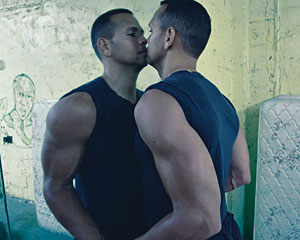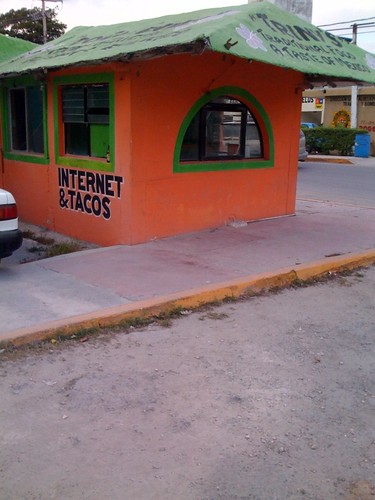-
More good news. One by one, the nation will come to its senses
-
yup
Page 44 of 129
-
Amazing, wonderful stuff, from Iowa of all places
In the wake of Tropicana’s disastrous rebranding over the winter, its sales plummeted 20 percent in six weeks. Twenty percent in six weeks!
That’s a disaster on a monumental scale for a brand this size–$33 million in lost sales, plus the millions of dollars in designing, packaging and marketing the new designs, and the funds to clean up the mess.
The sales news also sheds new light on the decision to switch the packaging back, which at the time was called a “deep emotional bond” among Tropicana consumers. Indeed, the exact opposite was true: without the logo, people assumed their juice was gone, and simply bought something else. Neil Campbell, call your public relations department. (via kottke.org and df)
-
New to me: "prama" (noun, PRAH-muh, shorthand for "dramatic events surrounding one's prom")
-
Love
-
I encounter the Q problem whenever I play against the computer (side note to EA: the new iPhone Scrabble app stinks! I want to de-update mine)
-
Without giving away too much, I will note that this chart proves my childhood strategy to be correct


Thanks, Katie!
-
Fantastic, fascinating analysis of the increasingly loud (and, as a result, less dynamic) music mixes. This is what a generation of earbud heaphones and mp3 compression has wrought. It's not wrong, either–try listening to Zeppelin on an iPod outside and see how hard it is–but it is making music less compelling in important ways. Check out Finger Eleven's "Paralyzer" for a great Exhibit A in contemporary mixing technique
-
Obligatory joke: George W. Bush can't even pen a book, he has to make it a list
-
Confirmed: whoopie pies from the Lancaster, Pa., farmer's market are terrific
-
Lordy lordy, he did it again. Paul is amazing.
